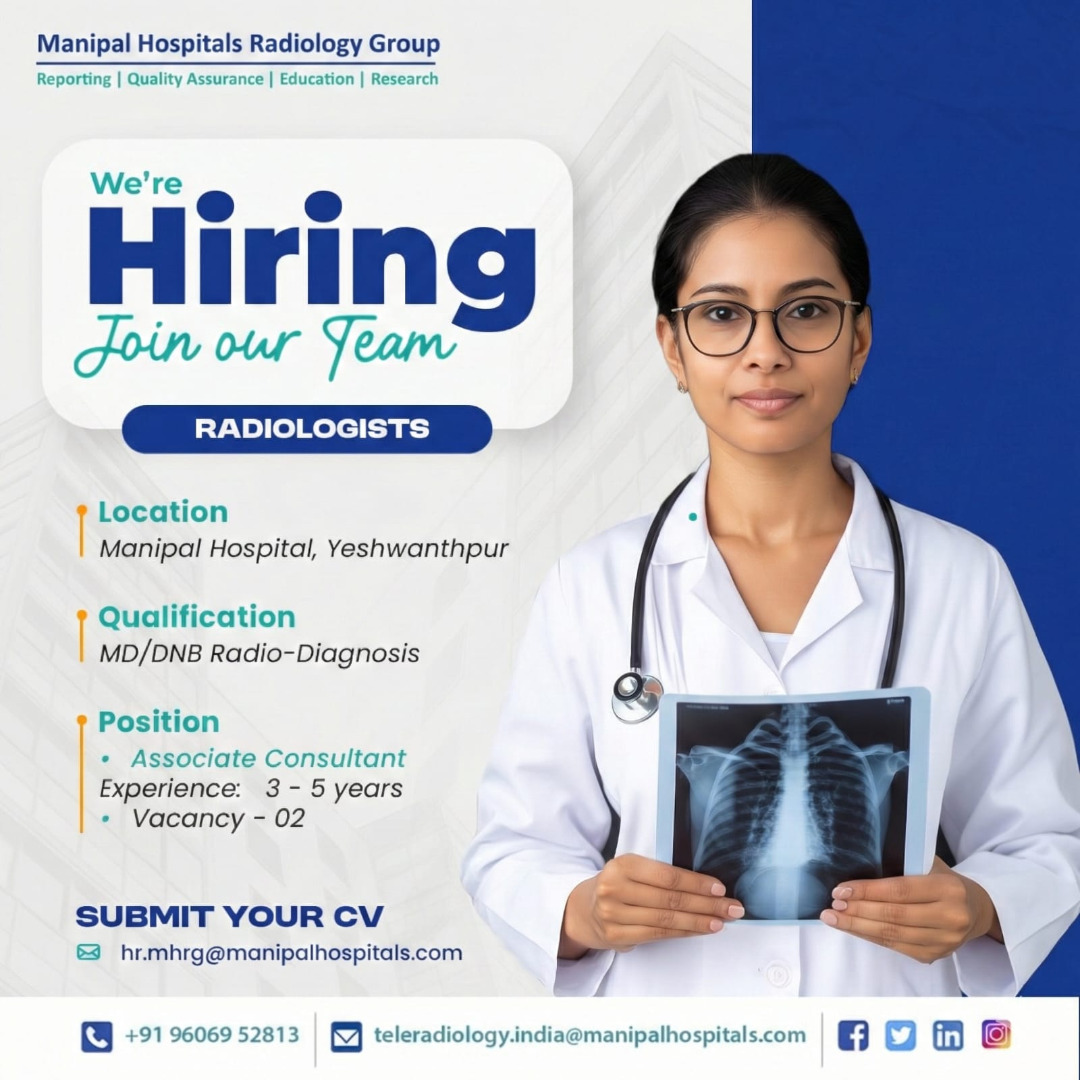In the tapestry of human experience, there are threads woven with joy, success, and love, but there are also threads stained with the indelible ink of trauma. Post-Traumatic Stress Disorder (PTSD) emerges as a formidable specter in the aftermath of distressing incidents, leaving individuals grappling with mental turmoil that extends far beyond the temporal boundaries of the traumatic event.
Understanding the Universality of PTSD
PTSD transcends demographic boundaries, affecting individuals across age groups. Children, perhaps unable to articulate their emotional distress, bear the weight of trauma in altered behaviors. Adults, too, find themselves entangled in the intricate web of memories, emotions, and triggers that define PTSD.
Post-Pandemic Struggles
The period spanning 2019 to 2021, marked by the global pandemic, stands as a stark reminder of the collective trauma experienced by humanity. Lives were lost, families were torn apart, and individuals found themselves isolated in the confines of their homes, grappling not only with the fear of the virus but also with scarcity and uncertainty.
The Complexity of Symptoms
One of the intriguing aspects of PTSD is the variability of symptoms. Some individuals may experience the manifestation of symptoms within a month of the traumatic incident, while others may find themselves grappling with the aftermath years later. The spectrum of symptoms includes self-isolation, depression, and susceptibility to breakdowns triggered by any reminder, however subtle, of the traumatic event.
Navigating the Path to Healing
Recognizing the signs of PTSD is the crucial first step toward healing. While each individual's journey is unique, certain universal approaches can pave the way for recovery. Counseling provides a safe space for individuals to articulate their experiences and emotions, offering a pathway to understanding and acceptance.
In less severe cases, changes in lifestyle, including a focus on a healthy diet and a supportive environment, can contribute significantly to the healing process. For those facing more entrenched challenges, a combination of antidepressant medication and psychological counseling may be necessary.
A Call for Compassion and Understanding
This blog serves as a call to action—a call to recognize the prevalence of PTSD, offer support to those in need and foster an environment that embraces compassion and understanding. It beckons us to be vigilant observers of the mental well-being of ourselves and those around us, dismantling the stigma surrounding mental health issues.
In a world that often prioritizes physical health, it is paramount to acknowledge the profound impact of mental health on the overall well-being of individuals and communities. By fostering empathy, understanding, and open dialogue, we can collectively contribute to a world where the threads of trauma are met with the soothing balm of compassion and healing.
Dr.Parul Dixit


